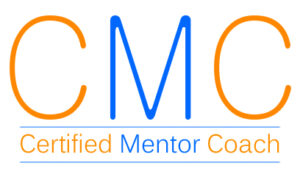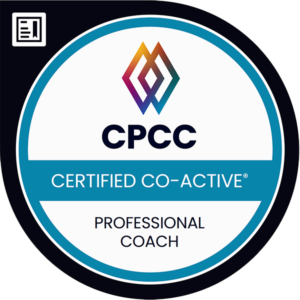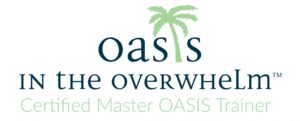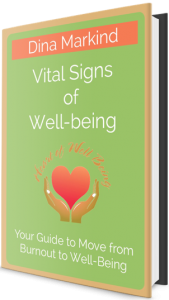When you are faced with challenging situations and things don’t go as hoped for, it’s easy to feel discouraged and negative about yourself. If you had a role in the situation, you may be thinking “I should be doing more … I went about this in the wrong way ….” Then social comparison may creep in, “but so-and-so was able to do this.” All these circling thoughts can lead you in a downward spiral to a general “I’m not enough.” To recover, invoke self-compassion.
The feeling of not being enough is familiar to me. I spent years with this as a backdrop. The feeling of not being enough is part of the human condition, I haven’t met anyone who hasn’t experienced this. What do you do to move forward in the midst of this?
Invoke SELF-COMPASSION
Often, when you think more self-discipline is needed, what you really need is more self-compassion. Self-compassion has been one of the most important tools to uplift me and motivate clients. You get to experience the feelings that are tied up with not enough without judging yourself. In the process, you acknowledge the difficulty of the situation and your emotions without suppressing or exaggerating them, and then go beyond to take action.
Kristin Neff, PhD has defined self-compassion as having three main components:
- Self-kindness is being gentle toward yourself.
- Common Humanity means you recognize that suffering and a sense of personal inadequacy are part of the shared human experience. You are not alone.
- Mindfulness is developing awareness to take a balanced approach to uncomfortable emotions. You neither suppress nor exaggerate feelings. You become able to put your own situation into a bigger perspective
Here are some things you can do to increase your self-compassion. In so doing, you’ll be kinder and happier for yourself and others, and you’ll be more successful too.
- Be gentle in how you speak about and to yourself – Notice your self-talk. Don’t tell yourself, “I’m incompetent.” Instead, acknowledge more of the situation and look for something or things you did well this day.
- Engage in a daily gratitude practice – Use the 3Ws method to ask yourself daily “What Went Well, today?” Regularly experiencing and participating in gratitude practices can actually change your brain.
- Respond to yourself as you would respond to a close or beloved friend.
To experience the benefits of self-compassion, contact me.
Revitalize Your Life,
Dina, Well-Being Coach
203.744.YOU3 (9683)
If you like this post and know others who may enjoy it, please share. If you’re not yet on my list, please sign up at HeartofWellBeing.com to receive articles twice a month.





